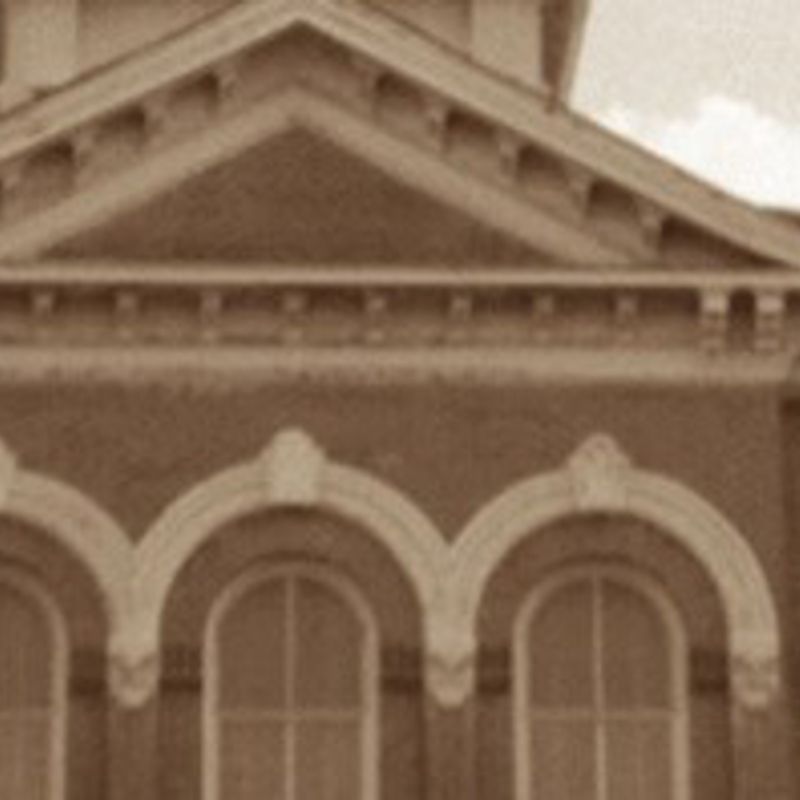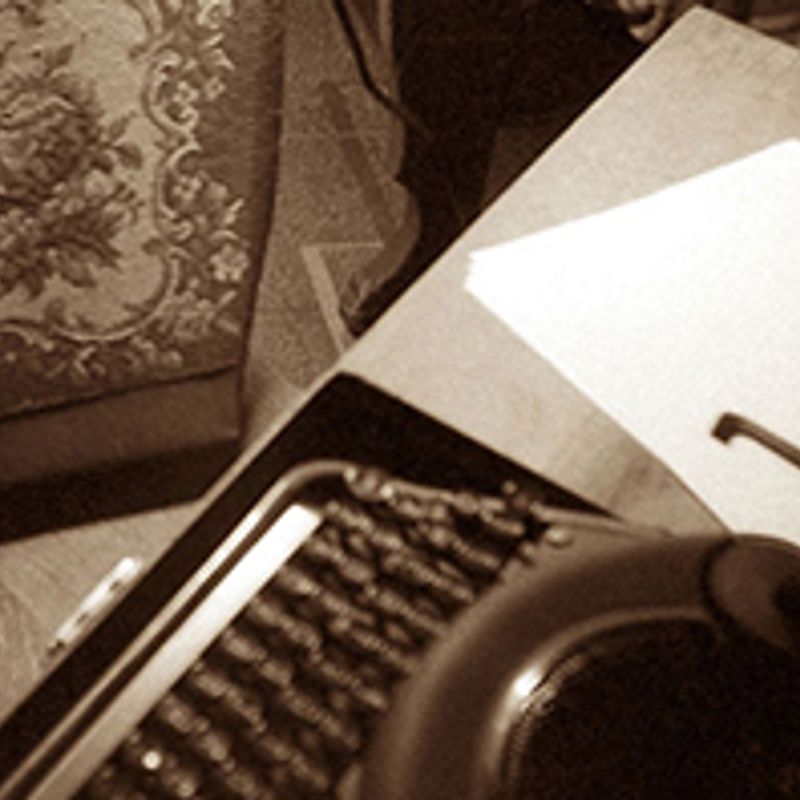Goran Holds His Breath
by Jeanne AlthouseThe birds on the water have not heard him yet. Once they do they will burst upwards in flight and he will press the trigger. A gaggle of nine geese, necks huddled, drifts near the opposite bank. For a second the old farmer smells stuffed-goose, roasted on a spit. He kneads feathers on his fingers from cleaning past kills. The illusions—a warm fire, the taste of hot wine, the shelter of his chair after a good meal—are seductive. But he will not aim at the birds.
At home he has the spit ready behind the kitchen, the fire set. His wife, Ingrid, assembled all the materials for a fruit and chestnut stuffing—twelve ounces of pitted prunes, an orange, six apples and a dozen chestnuts. She left these foods out on the kitchen counter as they agreed—for proof it was an accident when the police question him.
Goran Pettersson points the rifle away from the geese and looks again into the scope. Across the lake, still as glass, a doe stretches her neck toward the sky. The old farmer sees her ears pivoting, detecting. But he will not aim at the deer.
The birds on the water have not heard him yet. The rifle is hard against his shoulder, the smell of metal burns his throat, and a rain of tears drowns his jaw. Goran does not want to enter his next minute. So he holds his breath.
Ingrid stands several yards ahead of him on the brown grassy slope of the hill where the birds will fly when they launch. She leans against her walking stick. She is as motionless as the doe, but is looking away toward the horizon where the sun begins to light. Goran turns the rifle toward her. In the scope he sees the long braid of her gray hair magnified, like a woven afghan—shades of silver, gray, ash blonde, white. He feels its familiar windings slide across his hand, from the thousand times he’s pulled her toward him.
She is ten years older and from the beginning he always did what she said. Some called her bossy, but he never minded her ways. He knew he was prone to temper, easy to rile if things weren’t as expected, impatient around children. It was her decision not to have any. When they were younger and her father eventually died from the plaques and tangles in his brain, they began talking of their own deaths—in theory. One afternoon on a picnic, after wild loving on that same grassy hill—in the hour afterwards when he was always so grateful and would say yes to anything she asked—he had agreed to save her the agony of a long dying.
Now she stands there, watching the sun rise, trusting him completely.
The weight of the promise he made cuts into his spine. When the gun fires he fears his body will split, like a tree fractured in its fall.
Finally, he has to breathe. His exhale rustles the long grass where he stands.
The birds on the water blast off.
But he lowers the rifle.
When he does not fire, Ingrid turns, braces against her stick, and looks at Goran. After a while she shuffles down the hill toward him. He is afraid of her stare as she advances, that he has failed her, failed in his promise. He feels sweat run down his side, making his chambray shirt damp under his coat. His knees turn pliant and his lungs ache with the shame that has settled on him.
But she walks past. Her eyes gaze blank, two holes in her face. She has forgotten why they came.
He does not know what to do so he goes about his day. He mends the fence by the garden, sweeps the chicken pen, and picks ripe tomatoes for dinner salad. Sometimes, since he sold his cropland, keeping only his house and the property by the lake, he has to search for things to occupy his time. He does his chores slowly so they will last longer.
From outside he observes Ingrid through the windows. She passes back and forth behind the glass inside each room. He knows she will dust first and then vacuum. Sometimes, forgetting, she will dust again, starting over.
They roast a chicken for dinner. He makes the stuffing. Afterwards they sit with coffee mugs at the bare kitchen table in their two straight-back chairs while the sun descends, darkening the room about them. Her hand lies still on the table top. He cups his hand over hers.
Many mornings pass. Every morning Ingrid asks to walk to the lake.
This new morning the birds on the water do not hear him yet. The birds on the water might be the same geese, older, or they might be descended from last year’s goslings or they might be new birds, just landed. The deer’s ears pivot in the scope, or it might be a jack rabbit with a twitching nose, or it might be a bob cat, still as a stone, anticipating prey. The rifle is the same rifle and it is loaded. Goran puts his finger gently on the trigger.
His wife stands several yards ahead of him on the brown grassy slope of the hill. She is the same wife, but she is not the same wife.
The birds on the water have not heard him yet. He does not want to enter his next minute, or the next, or the next. So Goran holds his breath.


